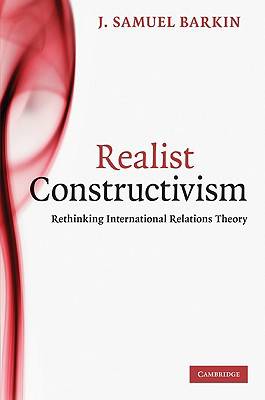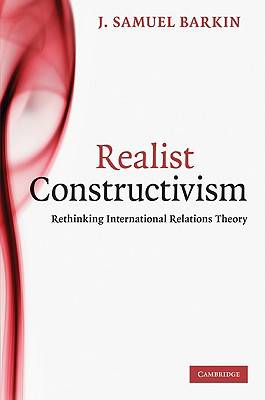
- Afhalen na 1 uur in een winkel met voorraad
- Gratis thuislevering in België vanaf € 30
- Ruim aanbod met 7 miljoen producten
- Afhalen na 1 uur in een winkel met voorraad
- Gratis thuislevering in België vanaf € 30
- Ruim aanbod met 7 miljoen producten
Zoeken
€ 149,95
+ 299 punten
Omschrijving
Realism and constructivism, two key contemporary theoretical approaches to the study of international relations, are commonly taught as mutually exclusive ways of understanding the subject. Realist Constructivism explores the common ground between the two, and demonstrates that, rather than being in simple opposition, they have areas of both tension and overlap. There is indeed space to engage in a realist constructivism. But at the same time, there are important distinctions between them, and there remains a need for a constructivism that is not realist, and a realism that is not constructivist. Samuel Barkin argues more broadly for a different way of thinking about theories of international relations, that focuses on the corresponding elements within various approaches rather than on a small set of mutually exclusive paradigms. Realist Constructivism provides an interesting new way for scholars and students to think about international relations theory.
Specificaties
Betrokkenen
- Auteur(s):
- Uitgeverij:
Inhoud
- Aantal bladzijden:
- 204
- Taal:
- Engels
Eigenschappen
- Productcode (EAN):
- 9780521198714
- Verschijningsdatum:
- 30/04/2010
- Uitvoering:
- Hardcover
- Formaat:
- Genaaid
- Afmetingen:
- 137 mm x 216 mm
- Gewicht:
- 362 g

Alleen bij Standaard Boekhandel
+ 299 punten op je klantenkaart van Standaard Boekhandel
Beoordelingen
We publiceren alleen reviews die voldoen aan de voorwaarden voor reviews. Bekijk onze voorwaarden voor reviews.











